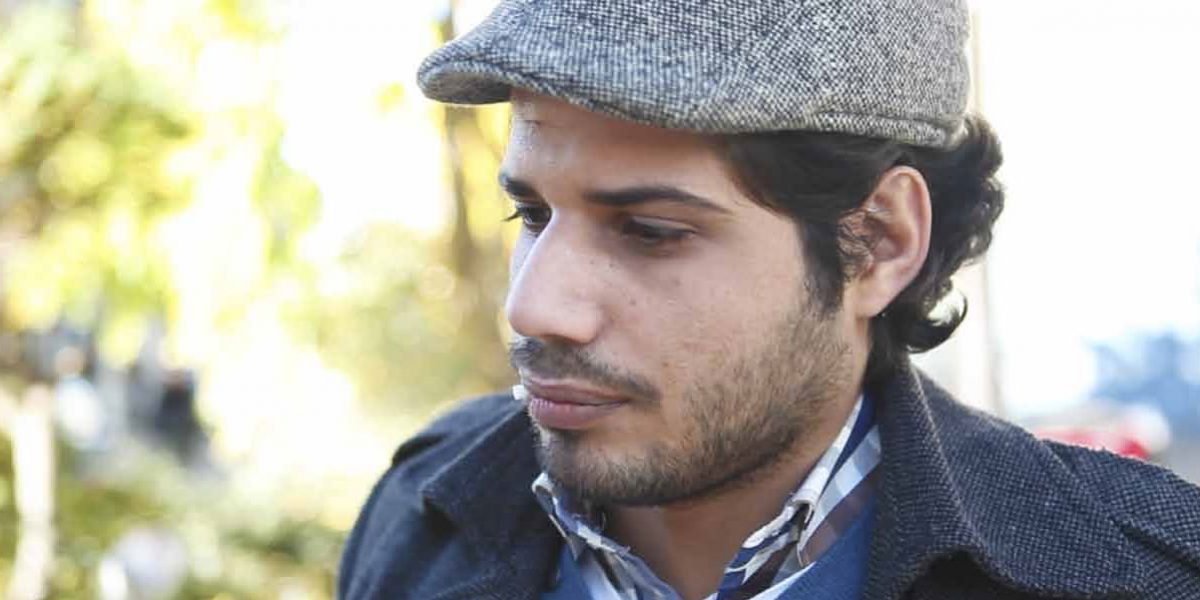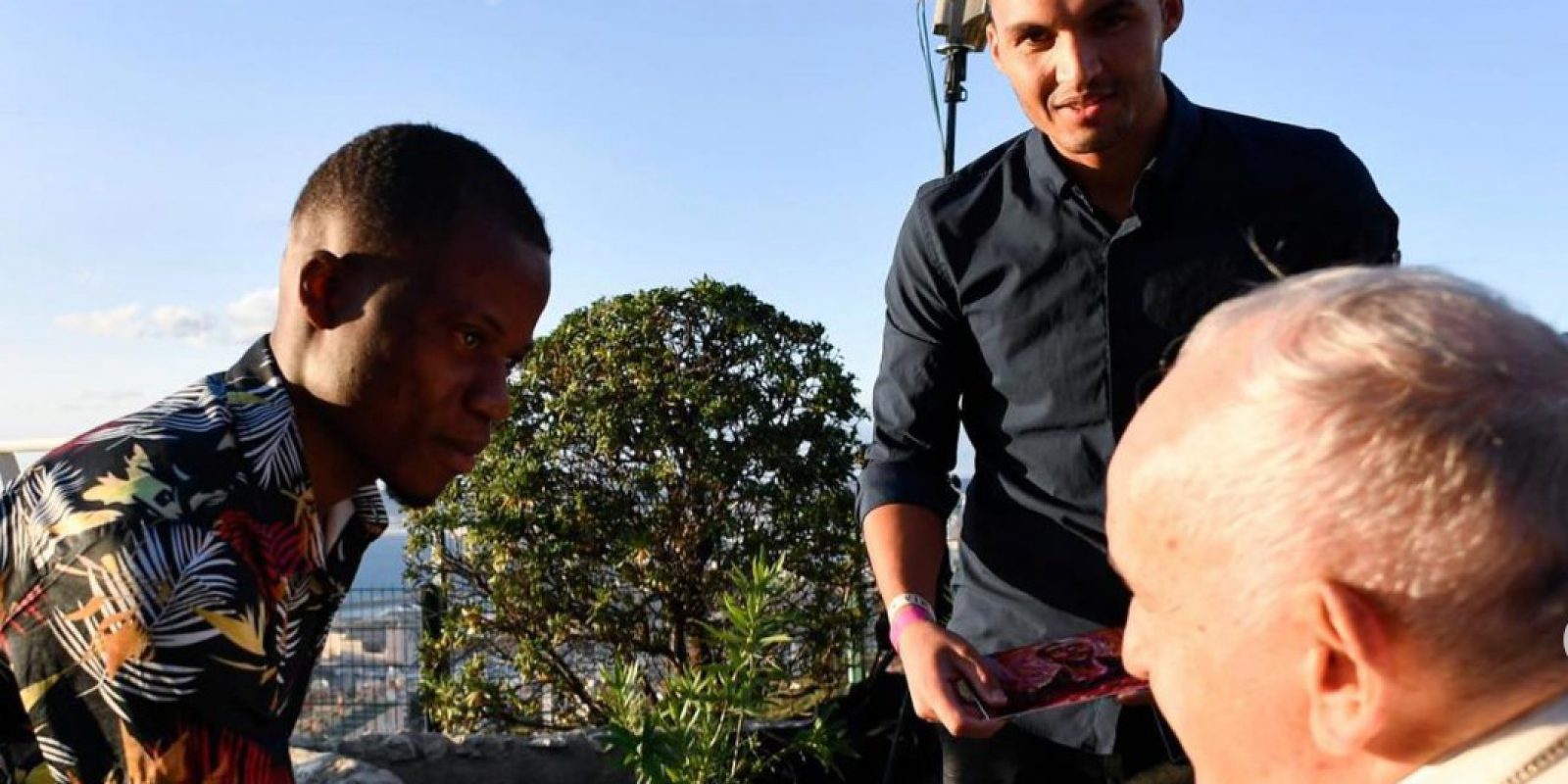
Paris, 8 September 2014 2014 – Molly Mullen from JRS International wanted to interview Mohammed about the lodging he found in Paris thanks to the Welcome Network. Instead, she heard about the deep frustration and sadness felt by refugees who seek asylum in Europe.
Mohammed was fuming when he walked in the JRS office for our interview. “I don’t want to say anything on camera that will make refugees want to come to France,” he said. He was pacing back and forth and not one of the five of us in the small basement office was going to cross him. His tone and posture suggested we couldn’t sway him so I figured the interview was going to be cancelled for the day.
I had gone to France to find out more about the JRS-run Welcome Network that links refugees like Mohammed to French families or religious congregations who offer them a place to stay. But that day, Mohammed, a Palestinian journalist and writer who recently fled his home in Syria, didn’t want to talk about that because he didn’t feel like he had benefited from anything. He wanted to talk about “the reality of Paris” and he allowed me to record and write as long as it was the truth.
“People don’t have space in their minds for refugees,” he said. “It is not their responsibility to think about my problems; they have their own problems.” Mohammed looked closed off from the rest of the world under his coat and scarf. His dark eyes and hair barely peaked out from his flat newsboy’s cap. “I don’t want anyone to feel sorry for me. Even if I am living in the streets, I don’t want pity. The family I am staying with now, they are a nice family. They are good, but it is not their responsibility to take on my problems.”
Mohammed said he was born cursed because he was born a refugee, he never lived in Palestine – 10 years in Libya, 16 years in Syria, one year in Lebanon: “I have always been the ‘other’.” In the past, when he faced big problems in life, he would write about it. Long, sarcastic prose helped him express himself. Now… nothing.
“When I came here, I couldn’t write. I didn’t have space in my mind to write. We transform something material into imagery or metaphors on paper. You have the reality around you, but your brain can’t work to transform it,” he said.
“Now in France I cannot accept that Syria is on the same planet I am living on. I cannot accept that I see some man on the street going to his work, and someone in Syria is running away from a bomb, rocket, a plane or whatever. Is this the same planet?”
By this time, Mohammed had sat down, but he was frustrated because explaining his situation to people with no experience of war or seeking asylum was like talking to a brick wall. In France, he said, the entire asylum process is in French, and just organising and filing your requests is a full-time job.
What happens tomorrow? “You have to go to the government office at 5am and stay all day. Then you wait for the interview. You have to get a mailing address for yourself. You have to go find a place to stay. You have to get medical assistance for yourself and at the same time you are supposed to learn French. When?”
JRS tries to help; offering French courses, a roof over someone’s head, some local assistance in getting around and organising papers, so what else is needed? A colleague asked Mohammed what turned out to be the last question he would answer. What will it take for you to have some semblance of satisfaction?
“I cannot be 100% satisfied when my family is still there. I guess I want to sleep without fearing what will happen to me tomorrow. I want to have space to write, to learn new things, to have problems like normal people, like arguing with a boss, to hang out with my girlfriend and discuss the colour of her hair or the scent of her perfume, to hear fireworks without remembering the bombings and gunfire… I was talking to my family on Skype a week ago, my mum and my father were in front of me. They were talking but I wasn’t ‘hearing’. I couldn’t…” Mohammed trailed off and looked away from us.
“So sorry, can we stop a little bit? I’ll have a cigarette.” And the interview was over.

